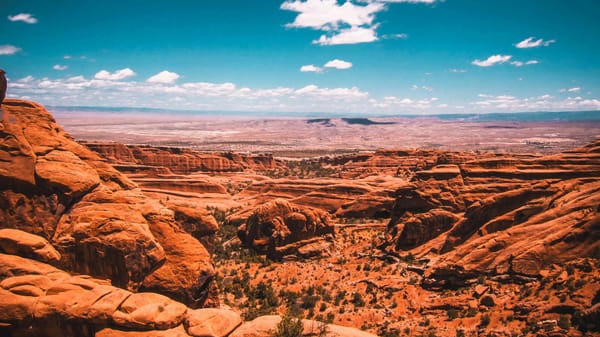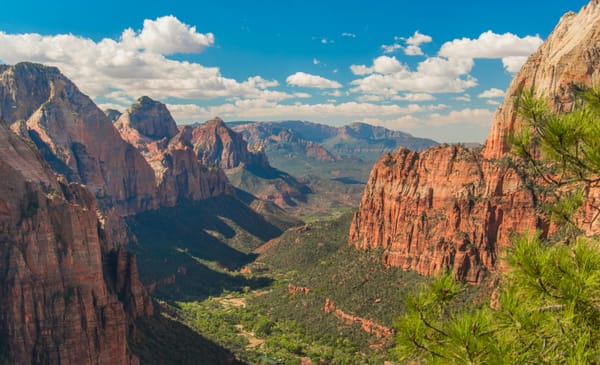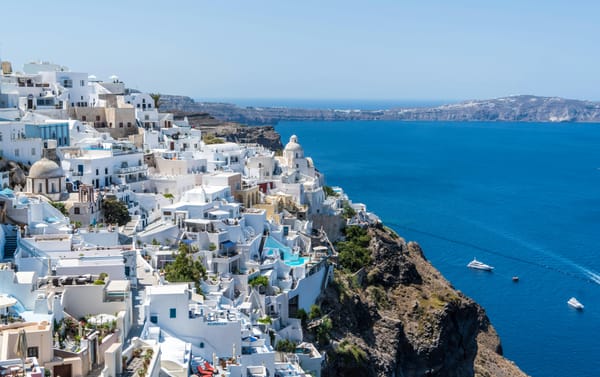Thursday☕️
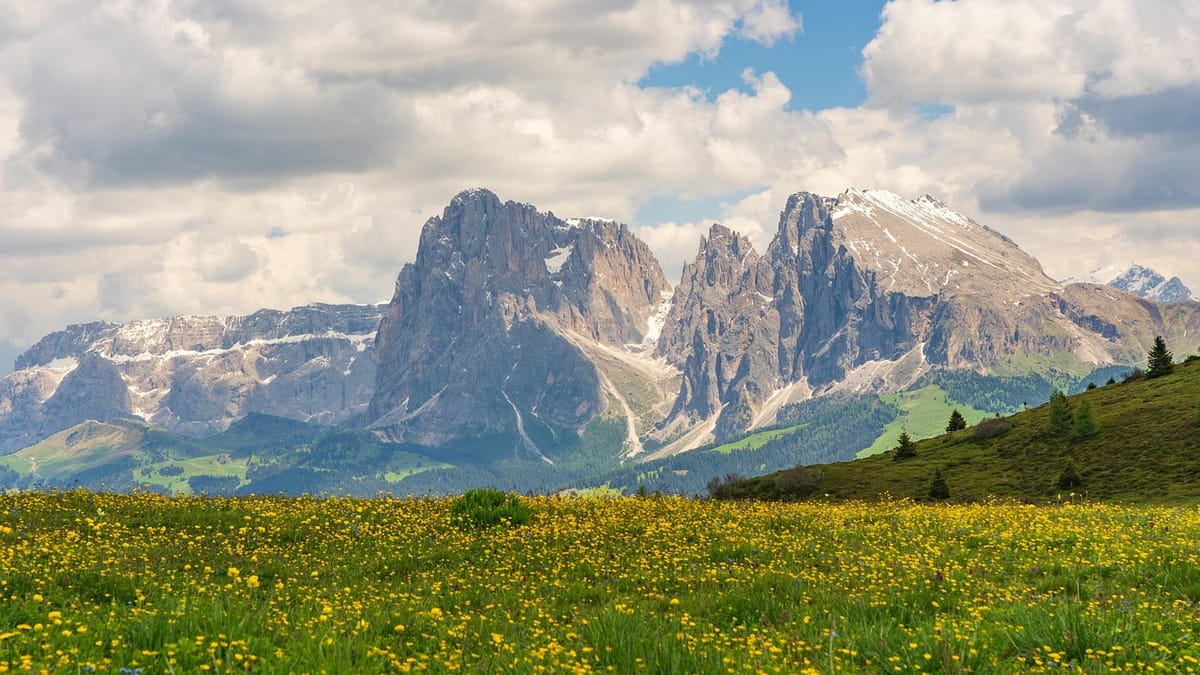
Trending:
- Yesterday, July 2, 2025, A federal jury in New York delivered a split verdict in the trial of Sean "Diddy" Combs today, convicting him on two counts of transportation to engage in prostitution under the Mann Act while acquitting him of racketeering conspiracy and sex trafficking charges. The trial, which began on May 5, 2025, and spanned nearly two months, included testimony from 34 witnesses, such as Casandra Ventura and another woman referred to as "Jane," regarding allegations of coerced sexual activities. Combs faces up to 20 years in prison, though sentencing guidelines suggest a range of 21 to 63 months, with a sentencing hearing scheduled for October 3, 2025. Bail was denied, and Combs will remain detained at the Metropolitan Detention Center pending sentencing, based on the court’s assessment of his risk to the community.
- The verdict has elicited varied responses. Combs’ legal team described the acquittals as a significant victory, while Ventura’s attorney noted the potential for a substantial prison term. Advocacy groups expressed disappointment over the acquittals, raising concerns about justice in cases involving allegations of sexual misconduct. After 13.5 hours of deliberation, the jury’s decision reflects a complex outcome, leaving Combs with convictions on lesser charges but free of the most severe allegations. The trial’s impact extends to Combs’ business ventures, with losses including Revolt TV and Sean John, though Bad Boy Records continues operations. Ongoing civil lawsuits and public discourse will likely shape the next chapter of this case.
Economics & Markets:
- Yesterday’s U.S. stock market:
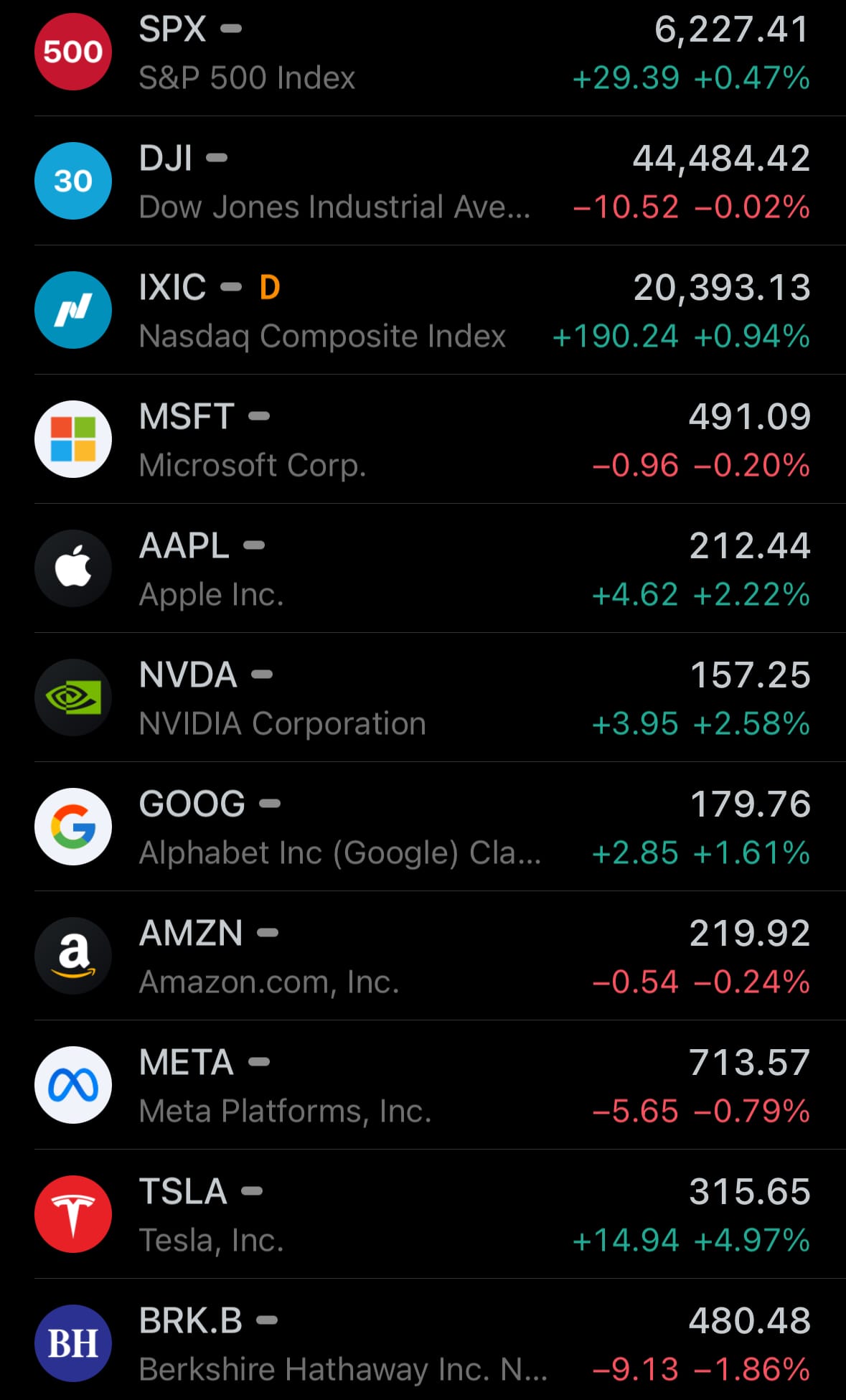
- Yesterday’s commodity market:
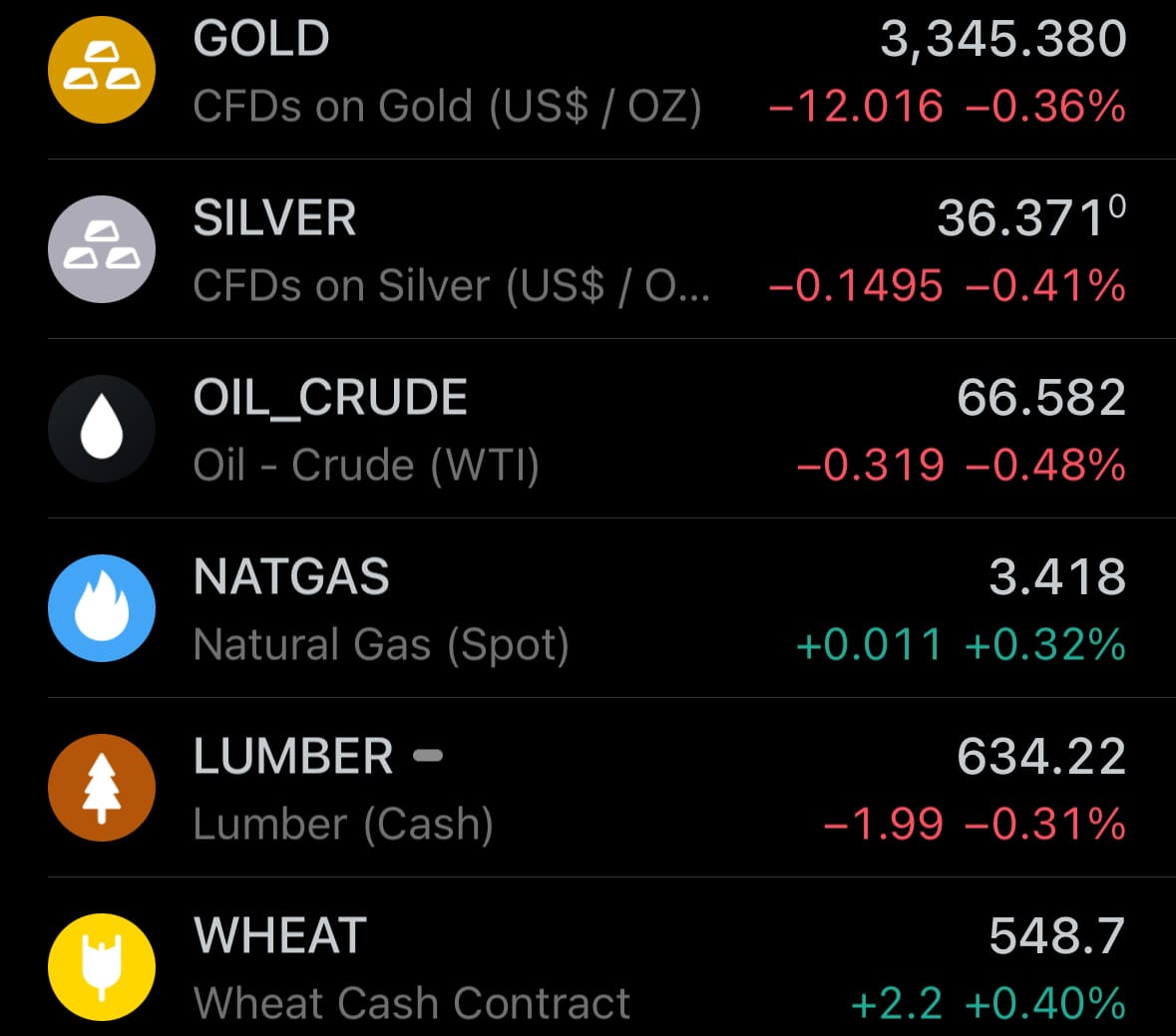
- Yesterday’s crypto market:
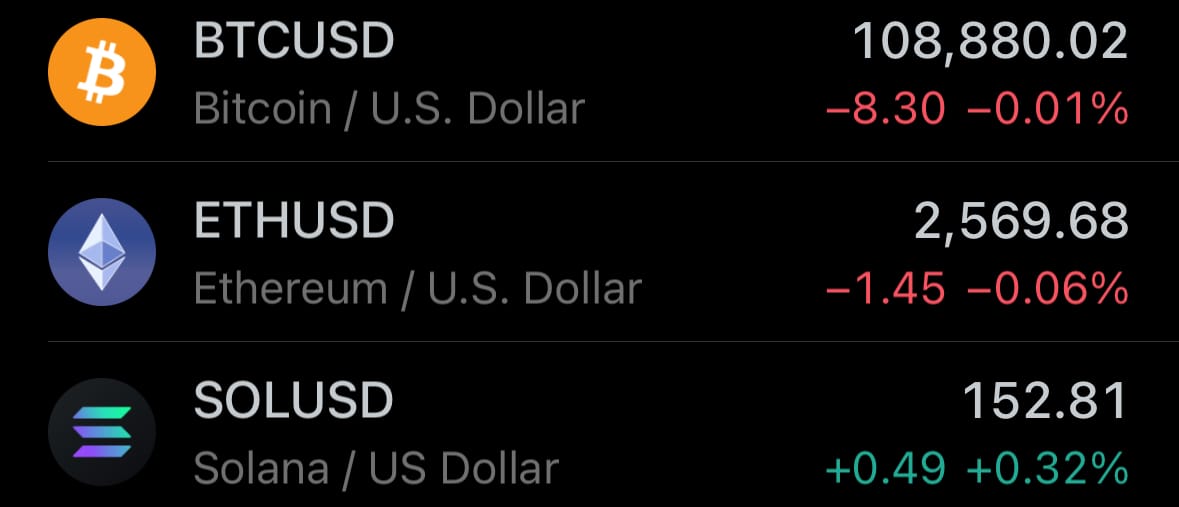
Environment & Weather:
- As of yesterday, July 2, 2025, Greece is battling multiple wildfires across regions including Evros, Attica, Chios, Halkidiki, and Crete, driven by high temperatures, strong winds, and dry conditions. The fires have caused significant damage, with at least 20 homes destroyed in Palaia Fokaia and Thymari, thousands of acres burned in Chios, and over 1,000 people evacuated near Cape Sounion. In Evros, the largest wildfire in EU history since 2000 has devastated over 80,000 hectares (197,684 acres), while a new fire in Halkidiki’s Vourvourou and a rapidly spreading blaze in Crete’s Kato Asites are stretching firefighting resources. Authorities have issued very high fire risk warnings (category 4) for early July, with ongoing investigations into potential arson cases, including an arrest on Chios.
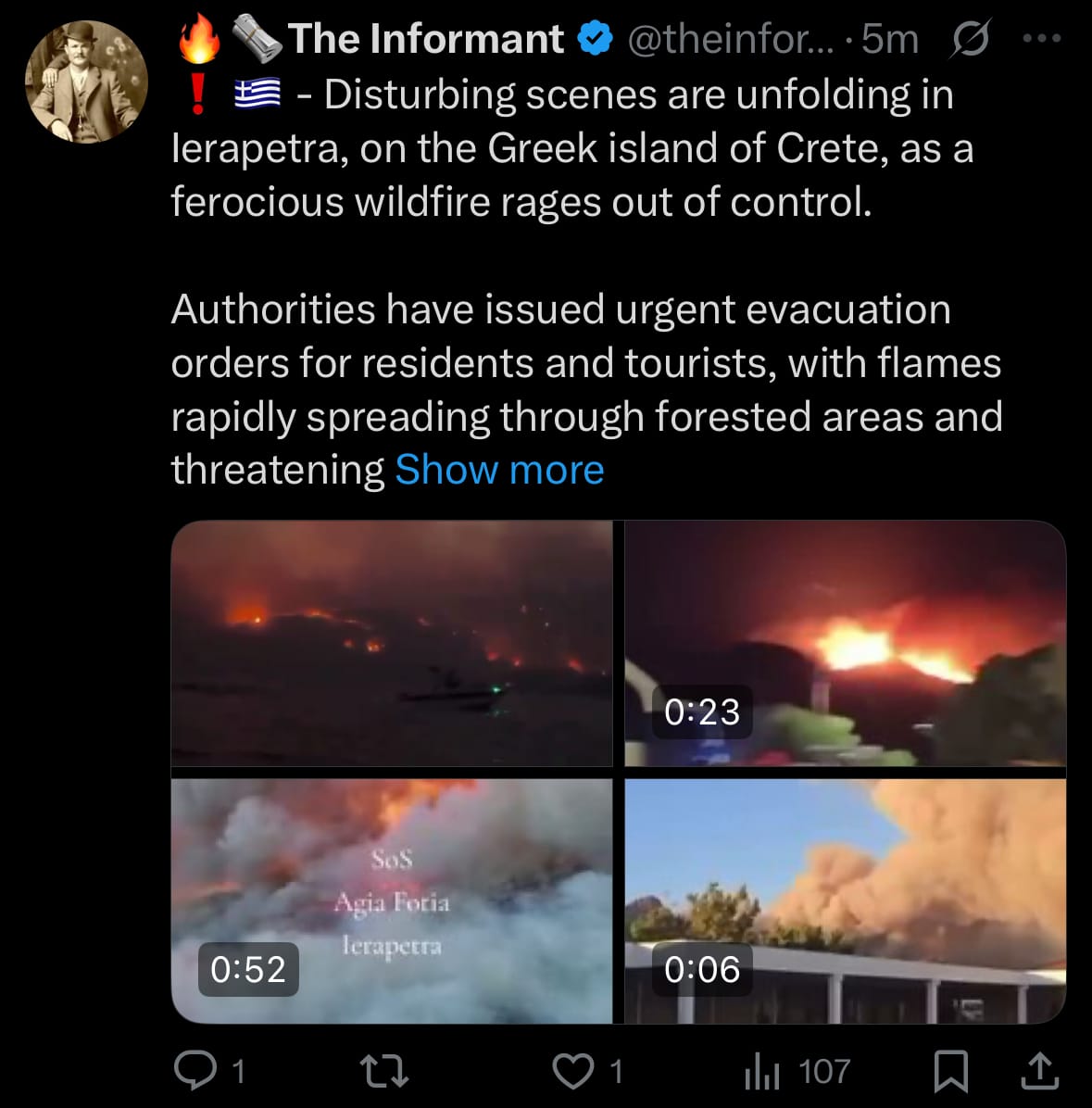
- The Greek government has deployed 18,000 additional firefighters and volunteers, supported by aircraft and helicopters, but containment efforts are hampered by extreme weather. Emergency alerts via the 112 system have facilitated evacuations, particularly in tourist-heavy areas, raising concerns about impacts on Greece’s summer tourism season. Environmental damage is extensive, with significant losses to forests and habitats, and public safety remains a priority as the fire season continues until October. The public is urged to stay vigilant and follow official guidelines to mitigate further risks.
Science & Technology:
- Meta has established Meta Superintelligence Labs, a new AI research division focused on developing advanced artificial intelligence, including systems surpassing human intelligence. Announced through an internal memo by CEO Mark Zuckerberg, the lab integrates Meta’s existing AI initiatives, such as the Fundamental AI Research (FAIR) team and Llama models, and is supported by a $14.3 billion investment in Scale AI. The lab, led by Alexandr Wang, former CEO of Scale AI, and Nat Friedman, former CEO of GitHub, aims to advance AI models like Llama 4.1 and 4.2 within the next year. Leveraging Meta’s extensive computational resources and global user base, the lab seeks to position the company as a key player in AI innovation alongside competitors like OpenAI and Google.
- To build its team, Meta has actively recruited prominent AI researchers from organizations such as OpenAI and Google, including individuals like Trapid Bansal, Jiahui Yu, and Shengjia Zhao, who have worked on advanced models like GPT-4o and Gemini. Reports suggest Meta offered competitive compensation, with signing bonuses up to $100 million and total packages reaching $300 million, prompting discussions about talent competition in the AI industry. While these hiring efforts have drawn attention, including comments from OpenAI’s Sam Altman, they reflect the broader race for expertise in AI development. Meta Superintelligence Labs’ progress will likely influence AI research, industry dynamics, and ongoing conversations about the ethical implications of advanced AI systems.
Statistic:
- Largest public oil and gas companies by market capitalization:
- 🇸🇦 Saudi Aramco: $1.583T
- 🇺🇸 Exxon Mobil: $478.58B
- 🇺🇸 Chevron: $256.33B
- 🇨🇳 PetroChina: $212.58B
- 🇬🇧 Shell: $212.49B
- 🇫🇷 TotalEnergies: $139.94B
- 🇺🇸 ConocoPhillips: $119.22B
- 🇨🇳 CNOOC: $112.45B
- 🇦🇪 TAQA: $100.40B
- 🇺🇸 Southern Company: $100.28B
- 🇨🇦 Enbridge: $98.62B
- 🇺🇸 Duke Energy: $90.98B
- 🇨🇳 Sinopec: $90.01B
- 🇬🇧 BP: $81.22B
- 🇧🇷 Petrobras: $79.68B
- 🇺🇸 Williams Companies: $72.21B
- 🇦🇪 ADNOC Gas: $71.25B
- 🇳🇴 Equinor: $69.97B
- 🇺🇸 Enterprise Products: $68.19B
- 🇨🇦 Canadian Natural Resources: $67.84B
- 🇺🇸 EOG Resources: $67.06B
- 🇺🇸 Kinder Morgan: $63.34B
- 🇺🇸 Energy Transfer Partners: $61.42B
- 🇷🇺 Rosneft: $58.60B
- 🇷🇺 Lukoil: $55.04B
History:
- Saudi Aramco, officially known as the Saudi Arabian Oil Company, traces its origins to 1933 when the Kingdom of Saudi Arabia signed a concession agreement with Standard Oil of California (SoCal). This led to the formation of the California-Arabian Standard Oil Company (CASOC), tasked with exploring oil in the kingdom’s eastern region. After initial struggles, a major breakthrough came in 1938 with the discovery of commercial quantities of oil at the Dammam No. 7 well. Renamed Aramco in 1944, the company expanded rapidly, with partnerships from other American oil giants like Texaco, Exxon, and Mobil. By the 1970s, the Saudi government began acquiring stakes in Aramco, culminating in full nationalization by 1980, transforming it into a state-owned entity focused on serving national interests while maintaining global competitiveness.
- Following nationalization, Saudi Aramco evolved into one of the world’s most powerful energy companies, leveraging its vast oil reserves—estimated at over 260 billion barrels—to dominate global markets. In the 1980s and 1990s, it diversified into refining, petrochemicals, and international joint ventures, establishing a robust downstream presence. The company’s strategic importance grew as it balanced OPEC policies with global supply demands. In 2019, Aramco went public, listing on the Saudi Stock Exchange (Tadawul) in a record-breaking $25.6 billion IPO. Today, Saudi Aramco remains a cornerstone of the kingdom’s economy, driving Vision 2030’s diversification goals while adapting to global energy transitions through investments in renewables and low-carbon technologies.
Image of the day:
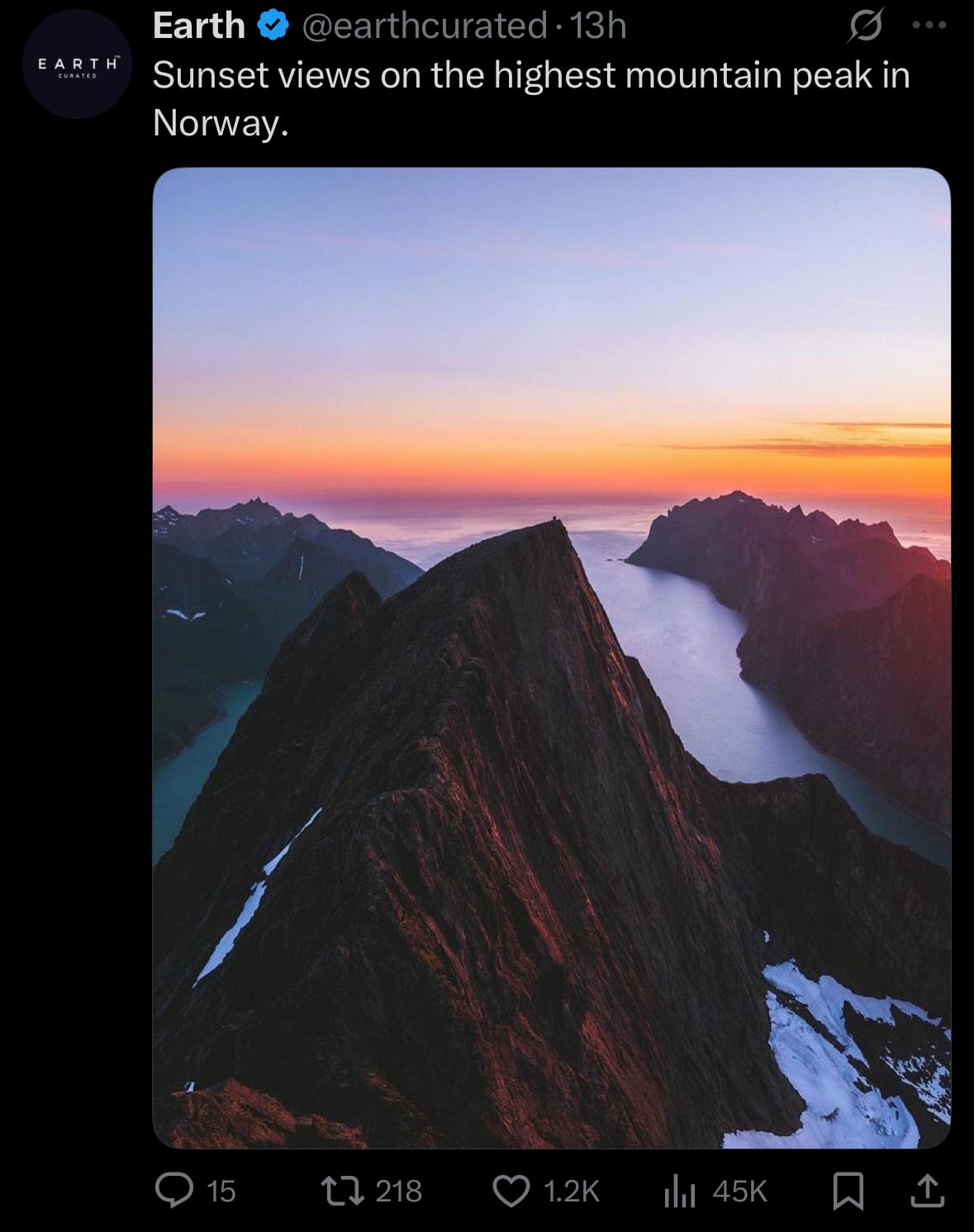
Thanks for reading!
Earth is complicated, we make it simple.
Click image to view the Earth Intelligence System:
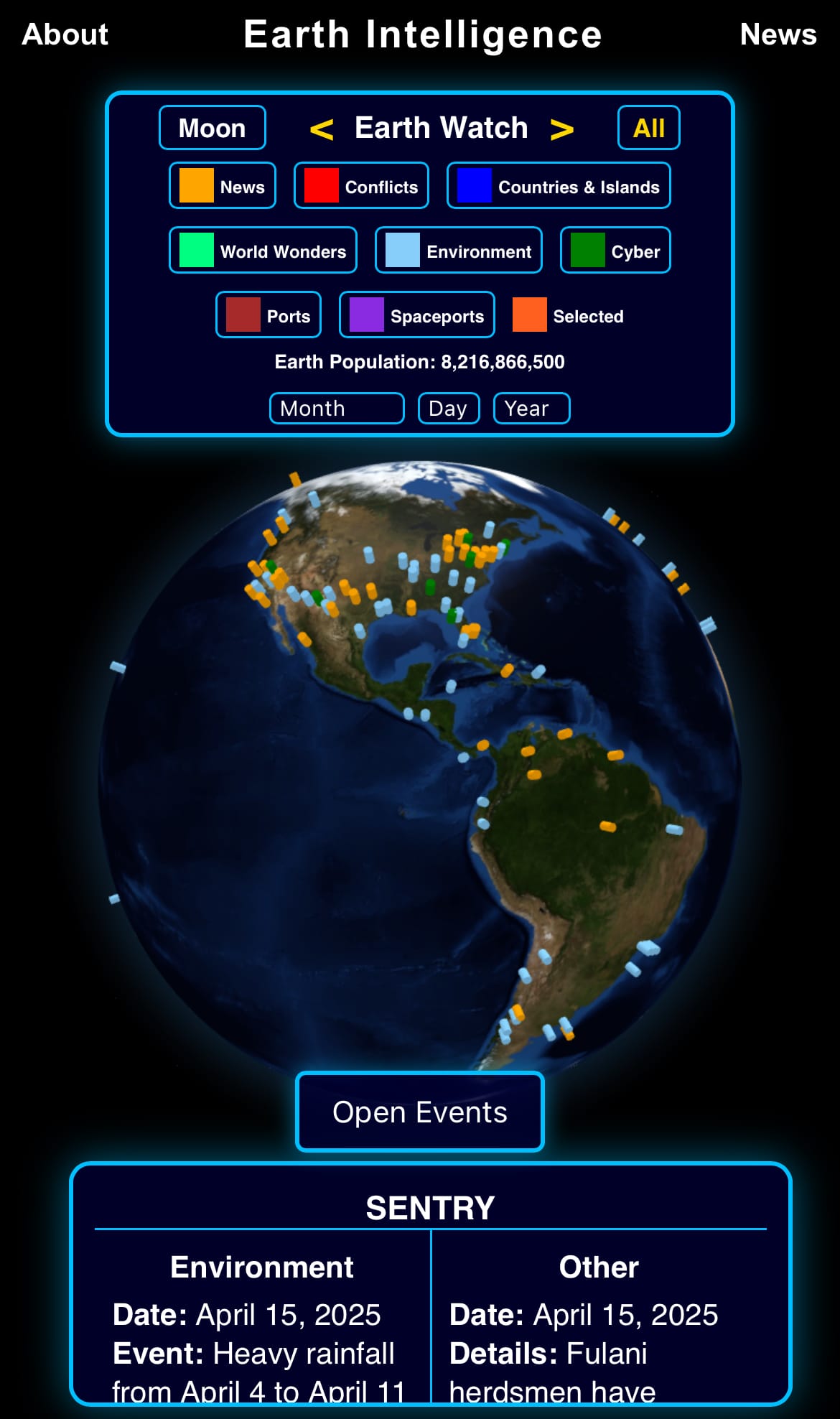


Support/Suggestions Email:
earthintelligence@earthintel.news

